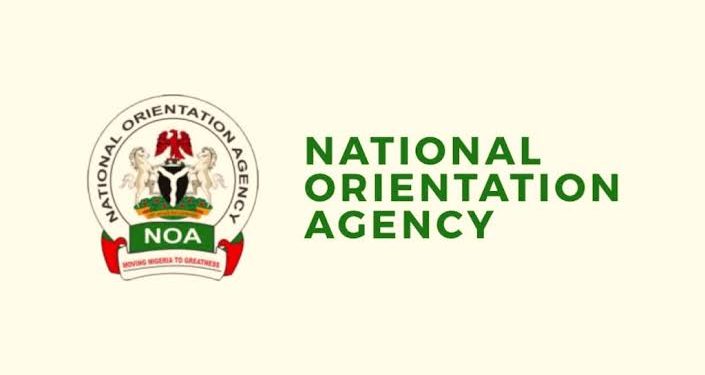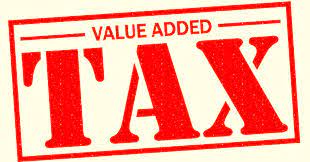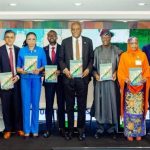The National Orientation Agency (NOA) has disclosed that savings from the removal of Nigeria’s longstanding petrol subsidy are being strategically redirected into critical sectors such as social welfare, infrastructure, education, security, and economic empowerment, in a bid to reverse decades of chronic underfunding.
In its latest bulletin, NOA Director-General Lanre Issa-Onilu stated that since President Bola Tinubu assumed office in May 2023, the administration has implemented bold economic reforms to correct Nigeria’s fiscal trajectory, including the elimination of petrol subsidies, unification of foreign exchange rates, and comprehensive tax reforms.
“These measures have led to increased revenue,” Issa-Onilu said, “but many Nigerians are still asking: Where is the money going? Why is the country still borrowing?”
He provided a fact-based response, noting that the government is reinvesting the gains from subsidy removal into tangible development initiatives. Over ₦1 trillion saved from subsidy removal, he said, has already been injected into national development programmes across various sectors.
MSME and Youth Empowerment
A major beneficiary of the subsidy savings is the Presidential Loan and Grant Scheme, which currently supports over 900,000 micro, small, and medium enterprises (MSMEs) and manufacturers. According to Issa-Onilu, the initiative is designed to boost grassroots productivity, support job creation, and drive local economic growth.
Education Access and Student Loans
The DG also highlighted the success of the student loan programme, which has so far provided interest-free educational financing to about 500,000 students across tertiary institutions in Nigeria. The scheme aims to remove financial barriers to education and increase enrollment among low-income households.
The government has invested subsidy savings in over 440 ongoing road projects, including the development of 2,700km of superhighways, connecting key coastal and inland routes. These investments aim to improve logistics, trade, and inter-regional connectivity.
Welfare and Relief Interventions
In 2023 alone, Issa-Onilu said ₦500 billion was allocated to welfare programs, including cash transfers, food palliatives, transport support, and fertiliser subsidies, all targeted at cushioning the effects of rising living costs.
Sectoral Investments and Reforms
Other key areas funded by the subsidy savings include:
Minimum Wage: The introduction of a new ₦70,000 national minimum wage to support workers and stimulate the economy.
Solid Minerals: Policies unlocking $800 million in investments and creating over 75,000 jobs in Nigeria’s mining sector.
Oil & Gas: Ongoing expansion projects in the energy sector, unlocking over $8 billion in investments, tax incentives, and refinery upgrades.
Regional Development: Establishment of five new regional development commissions to address historical inequities and support balanced national growth.
Issa-Onilu emphasized that these strategic reinvestments aim to improve transparency, reduce dependence on borrowing, and enhance financial autonomy at the state level.
Subsidy Exit Timeline and Current Status
President Tinubu officially ended petrol subsidies on May 29, 2023. Although there were talks of a temporary reintroduction in August 2024 due to rising oil prices and forex volatility, the Nigerian National Petroleum Company (NNPC) confirmed in the same period that the federal government owed it ₦7.8 trillion for under-recoveries.
Nigeria completely ceased subsidy payments in October 2024 following full deregulation of the downstream petroleum sector.










